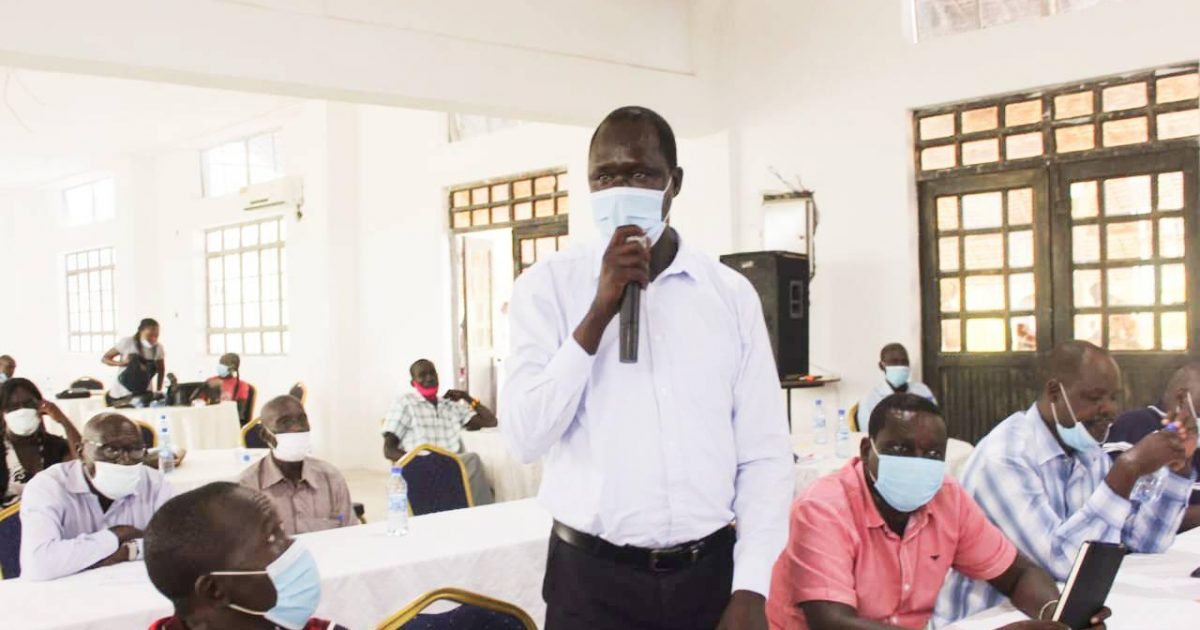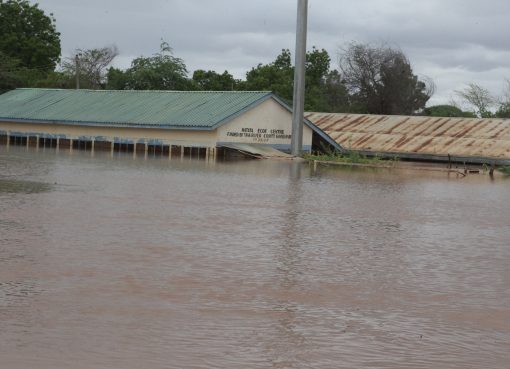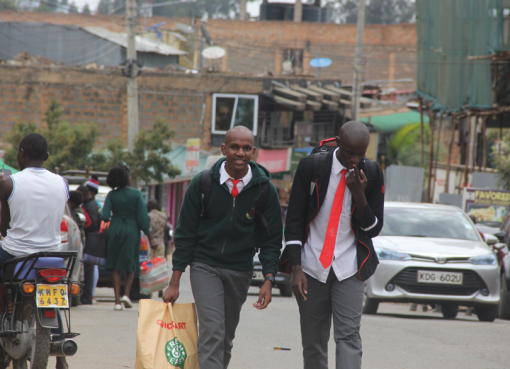These findings were disseminated during a forum convened by the UN-Habitat and the Turkana County Government on surveys that focused on Kakuma Refugee Camp and Kalobeyei Integrated Settlement in the county on Thursday.
UN-Habitat presented the findings of the Socio-Economic Survey which showed that host community suffered more from the effects of COVID-19 such as loss of income, low business revenue and price rises than refugees who continue to be supported by humanitarian organizations.
It also found that host community deemed the refugees as damaging the environment but appreciated the improved healthcare and education facilities resulting from their presence.
The Kakuma-Kalobeyei Assessment, Survey and Corridor Planning Workshop included representatives from Turkana County Government, Cities Alliance, International Financial Corporation, Swiss Contact, Kenya National Chamber of Commerce and Industry, Refugee Affairs Secretariat, Swiss Agency for Development and Cooperation and Action Africa Help International.
The Business and Local Economic Development Survey and Market Profile focused on types of businesses, products and value chain and ease of doing business.
The Market Profile presentation looked at the economic geography of Turkana-West Sub-county highlighting the characteristics of each market cluster, types of products sold, accessibility and connectivity. The discussions covered revenue enhancement, access to capital, the importance of livestock farming, and the opportunities for tourism provided by Lotikipi National Reserve.
Turkana County Director for Urban Areas Management Joseph Egiron, expressed the County’s commitment to the conferment of Kakuma-Kalobeyei Municipality, which is currently underway.
Chairman of the Kenya National Chamber of Commerce and Industry, Turkana County chapter Pius Ewoton said KNCCI Chapter in Turkana County is looking forward to more collaboration with UN-Habitat to promote private sector initiatives in Turkana West.
Issues emerging from the surveys included lack of skills, poor connectivity and accessibility to supply chains, insecurity, overdependence on humanitarian aid, poor public participation in development initiatives, environmental risks and lack of market integration.
Participants also discussed future development scenarios for Kakuma-Kalobeyei, identifying areas to be strengthened and protected including host and refugee community integration, economic development, environmental sustainability and environmental growth.
The findings of the surveys and feedback from the future development scenarios discussion will help the visioning and regeneration strategy for Kakuma-Kalobeyei that UN-Habitat is undertaking.
by Peter Gitonga





